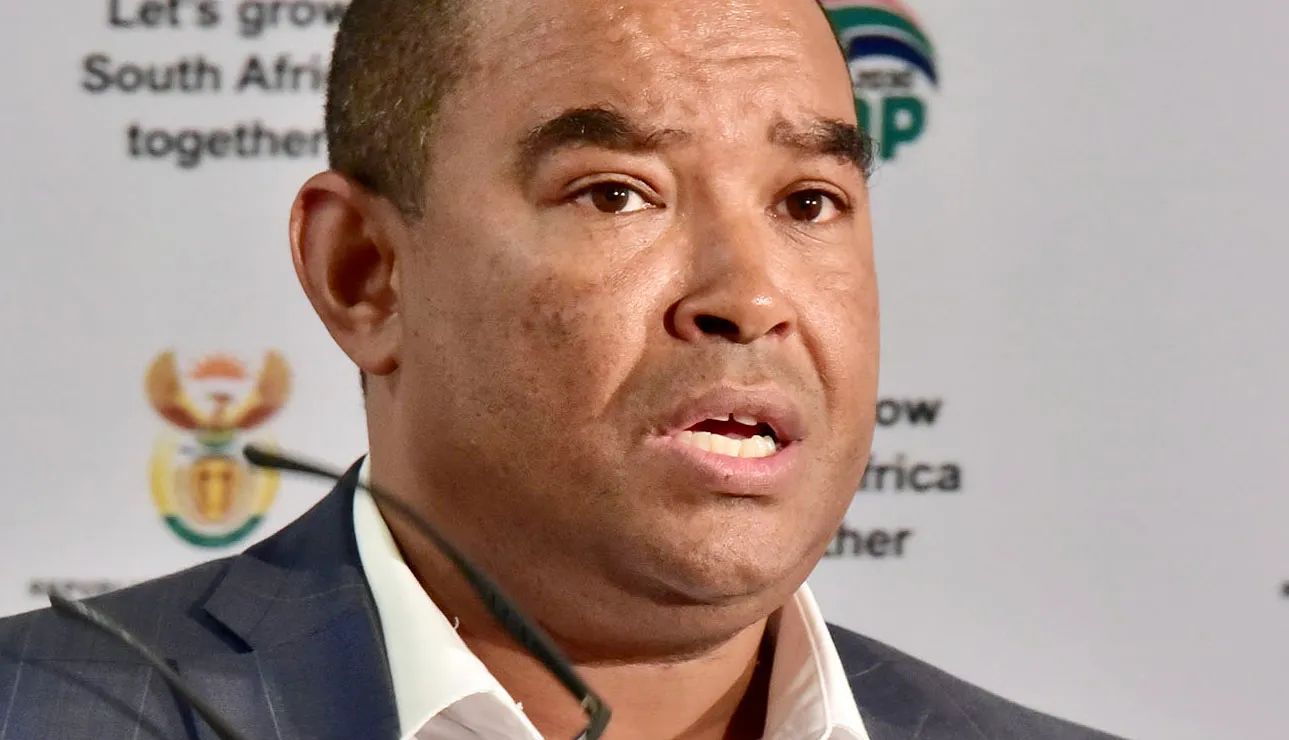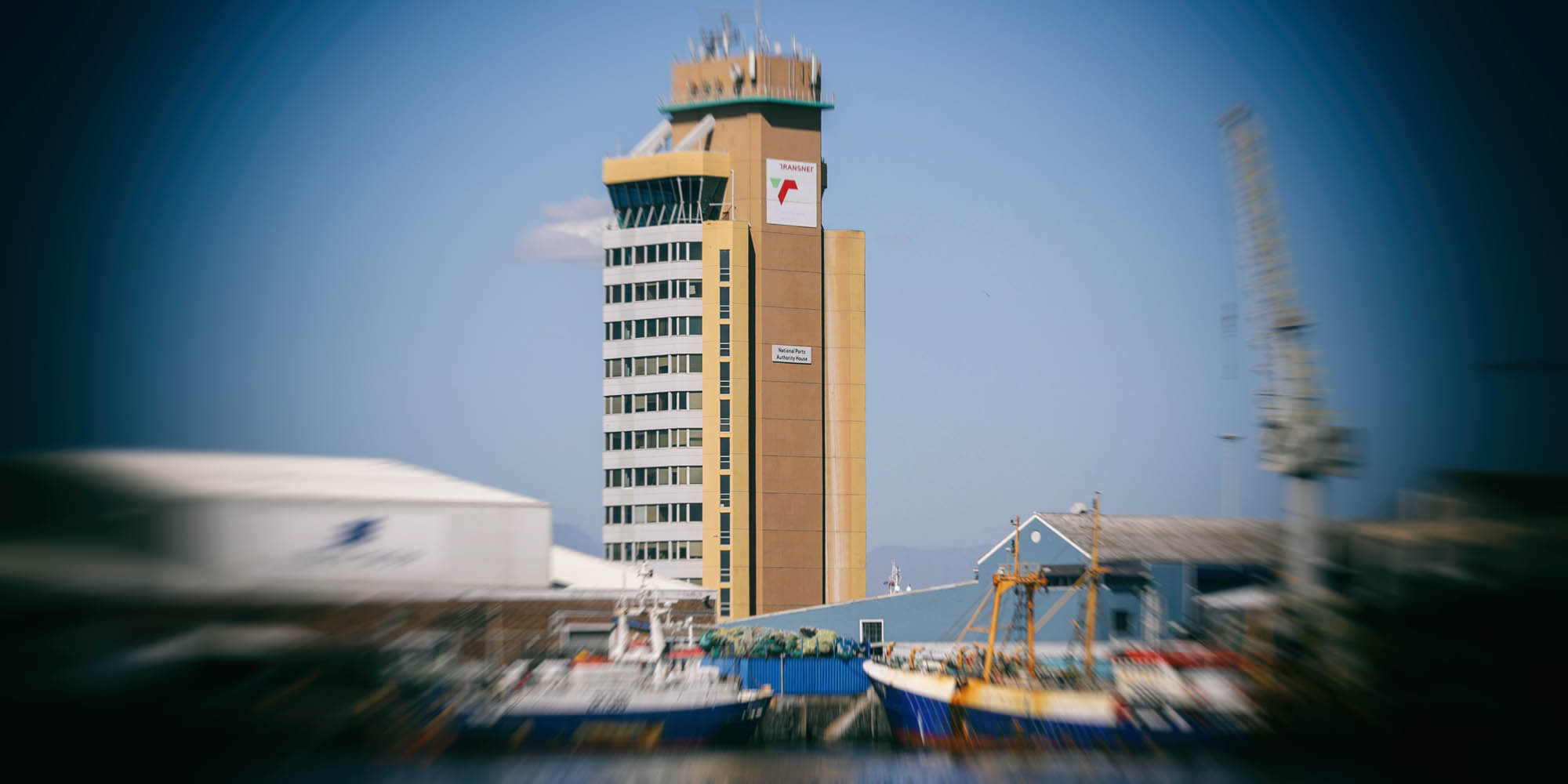The troubled logistics sector is headed for a fundamental shift if a plan by the Presidency is implemented. The plan would weaken Transnet’s monopoly and promote competition by increasing the private sector’s participation in the running of South Africa’s rail network and ports.
The Presidency and organised business, with help from logistics experts, have drafted a plan that seeks to reverse the dysfunction of the railways and ports in the hands of Transnet.
The dysfunction is estimated to have cost the economy at least R500-billion since 2010 and worsened SA’s fiscal crisis, which is pushing the government to consider raising taxes and cutting expenditure.
Most of the reform proposals included in the 124-page Roadmap for the Freight Logistics System in South Africa are not new, as they complement policy initiatives already approved by the Cabinet.
However, there is now a sense of urgency and greater support for the plan in government circles, including the Treasury, the Department of Transport and the Department of Public Enterprises.
“There’s a broader recognition that South Africa’s logistics crisis is deep and there is no more time to waste,” said a source in organised business who worked on the plan.
Underscoring the logistics crisis are Transnet’s numbers. Volumes in rail operations have declined from a peak of more than 200 million tonnes a year in 2019 to an expected 143 million in 2023 because of mismanagement of the rail network, along with cable theft and vandalism.
Transnet ports are among the world’s worst for efficiency and loading times, scoring in the bottom 10 of the 348 ranked in the World Bank’s latest Container Port Performance Index.
Unlike others before it, the latest logistics plan sets out timelines for everything, including allowing private sector companies access to rail lines, setting up an independent manager of the rail network, rightsizing the network by closing down unprofitable lines and giving private operators concessions on ports and rail routes.
The roadmap is set to be presented to the Cabinet for approval in early November. Transnet’s board is also working on a separate turnaround plan that will focus on the company’s operational and strategic affairs, and complement the Presidency’s roadmap.
 Rudi Dicks, head of the Project Management Office in the Presidency. (Photo: Ntswe Mokoena / GCIS)
Rudi Dicks, head of the Project Management Office in the Presidency. (Photo: Ntswe Mokoena / GCIS)
No privatisation
There is broad acceptance that, if implemented, the roadmap won’t immediately yield a turnaround because the railways and ports are far gone.
“There might be a turnaround in the next five to 10 years. But the immediate benefit will be seeing confidence returning around the logistics network,” said the business source.
Rudi Dicks, head of the Project Management Office in the Presidency, insisted that the plan should not be viewed as a move to privatise SA’s logistics assets. It should rather be viewed as the government and Transnet embracing the private sector as a partner for delivery, he said.
Collaboration with the private sector has long been proposed but never taken seriously by the government and Transnet management under outgoing executives Portia Derby, its CEO; and Siza Mzimela, the head of freight rail. In cases where Transnet did warm up to private sector players, the incentives for their participation were not attractive.
For example, Transnet failed in 2022 to auction rail slots for the Durban-Johannesburg container route and the route from Kroonstad to East London. A successful auction would have allowed private sector players to run trains independently and also invest in Transnet’s infrastructure to improve it.
However, Transnet’s offer was flawed: it gave only two-year leases on rail slots. Private sector companies wanted at least 10 years, in view of the large investments they would make in equipment such as locomotives, which could last 30 years. The Presidency’s plan now recognises that private players need to be given a longer period.
Reform proposals
Ports and the rail network are considered to be national assets and are natural monopolies that cannot be duplicated. Transnet both owns the infrastructure and determines who uses it. The Presidency’s fix-it plan finds this to be a problem because it has “to a large extent prevented competitive forces from reaching these markets”.
Transnet will join forces with the private sector to invest in locomotives to address shortages. A state-owned leasing company will be set up to make a fleet of locomotives available to private sector players.
The private sector will be allowed to run port corridors under long leases.
The plan still sees Transnet as playing a central role in the ports and rail network. “Transnet will act in a manner that enables globally competitive supply chains, facilitates industrialisation, and crowds in [encourages] private resources,” the plan reads.
Mesela Kope-Nhlapo, the CEO of the African Rail Industry Association, said capable management would have to be appointed at Transnet for any logistics plan to work. She also recommended bringing back about 450 experienced engineers, financial managers and logistics professionals who were retrenched in 2021 in a drive to cut costs. DM
This story first appeared in our weekly Daily Maverick 168 newspaper, which is available countrywide for R29.




 Rudi Dicks, head of the Project Management Office in the Presidency. (Photo: Ntswe Mokoena / GCIS)
Rudi Dicks, head of the Project Management Office in the Presidency. (Photo: Ntswe Mokoena / GCIS) 
